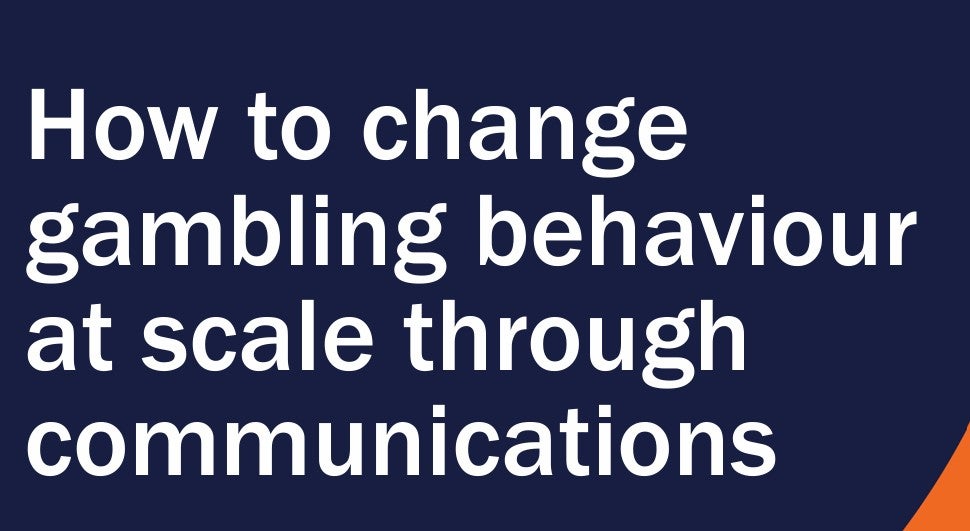Hearing from both parties
Attorney General Dave Yost (R) and the OCCC, like officials in many states, have been active in ridding unwanted operators from their market. That largely includes offshore sportsbooks and illegal online casino sites.
Kalshi, which allows customers to buy and trade contracts in a variety of markets, including sports, is different. It argued that its CFTC license and compliance with its regulations preempts states’ authority.
Despite that, the OCCC on Aug. 25 said to its licensees that working with Kalshi would call “into question the reputation of the licensee and the integrity of sports gaming in Ohio.”
In Kalshi’s suit, the company states that it would suffer financial and reputational damage if potential business partners “with millions of active users” adhered to the OCCC’s warning.
The platform also accused the OCCC of overstepping its boundaries by emboldening regulators in other states, if not outright threatening operators in states outside of Ohio, from working with Kalshi.
“[The OCCC’s approach] directly undermine[s] Kalshi’s business by chilling its business relations – both in and out of Ohio,” reads the suit.
Ohio sent a cease-and-desist order to Kalshi in March, although its sports event contracts are still available for customers.
Ongoing legal drama
The central issue with Kalshi and other prediction platforms, such as Robinhood and crypto.com, is how they are classified.
Most state regulators believe that their sports contracts, which are traded between consumers instead of wagered against the house, mimic traditional sports betting in a way that exploits an unintended loophole.
They have also argued that the similarities between sports contracts and sports betting have allowed Kalshi and others to unfairly preempt the state licensing process due to their CFTC certification.
By sending Kalshi a cease-and-desist order, Ohio’s regulators are effectively treating the platform the same way they would an illegal offshore operator. Ohio is now the fourth state where Kalshi has submitted a lawsuit against the regulator, joining Maryland, Nevada and New Jersey.
New Jersey lost its case as Kalshi obtained a temporary injunction against the New Jersey Division of Gaming Enforcement. However, Maryland scored a victory, and its regulator agreed to rescind the cease-and-desist if Kalshi halted its in-state operations.
























.jpg)






.jpg)




